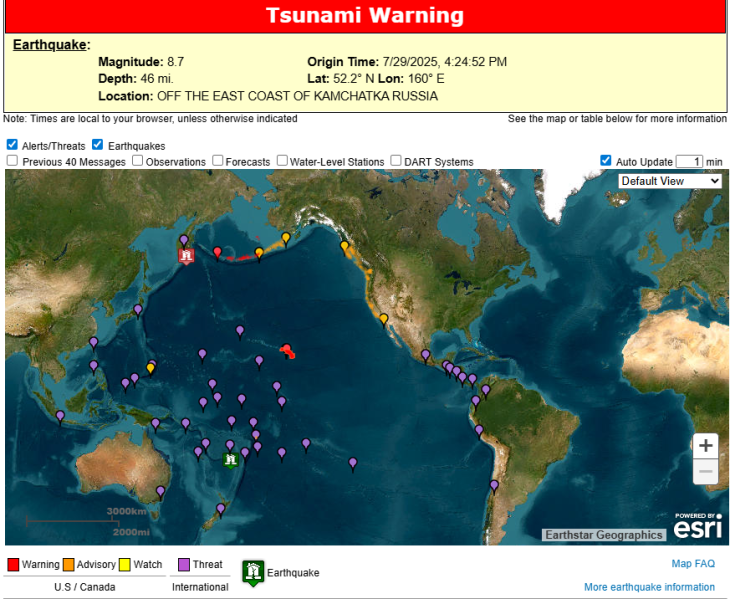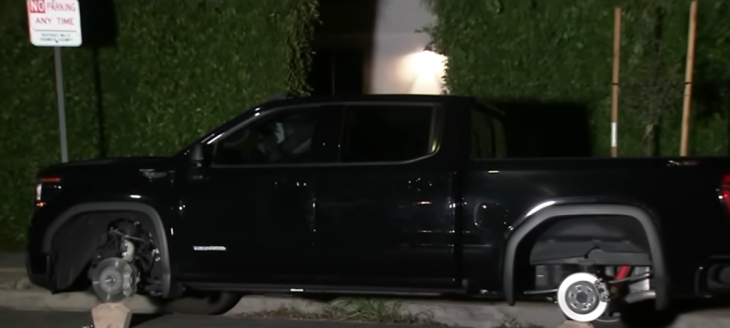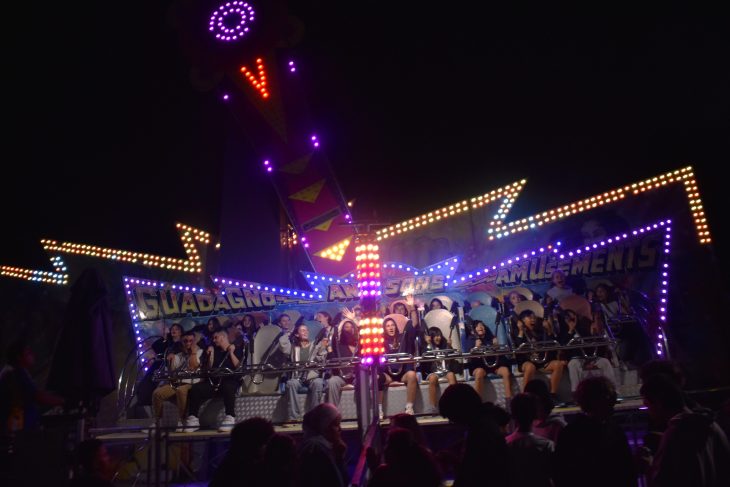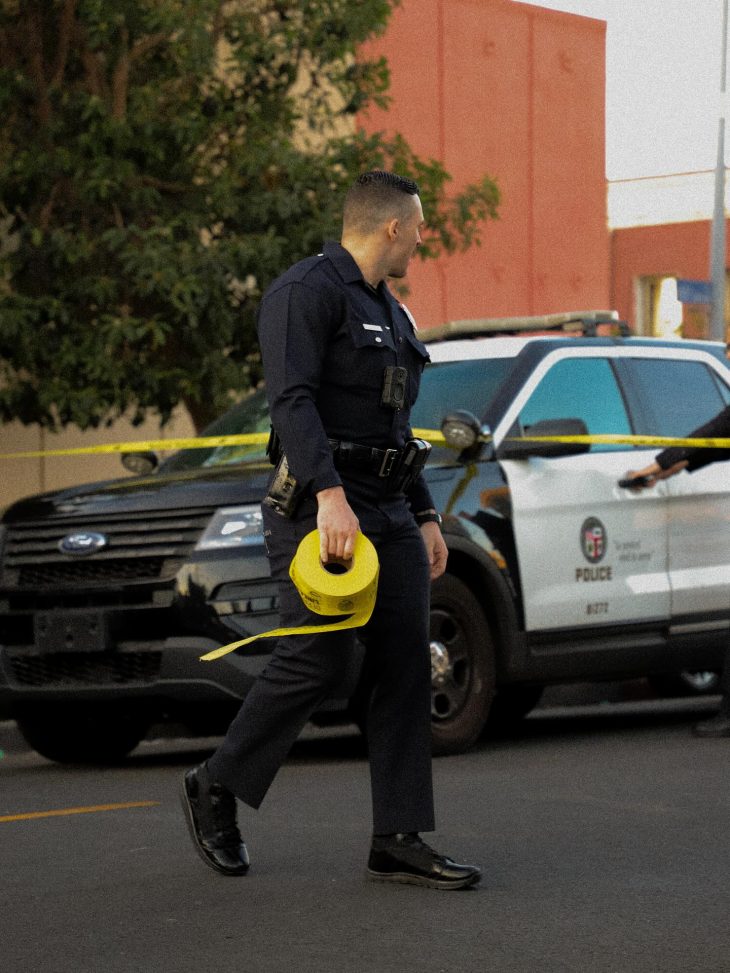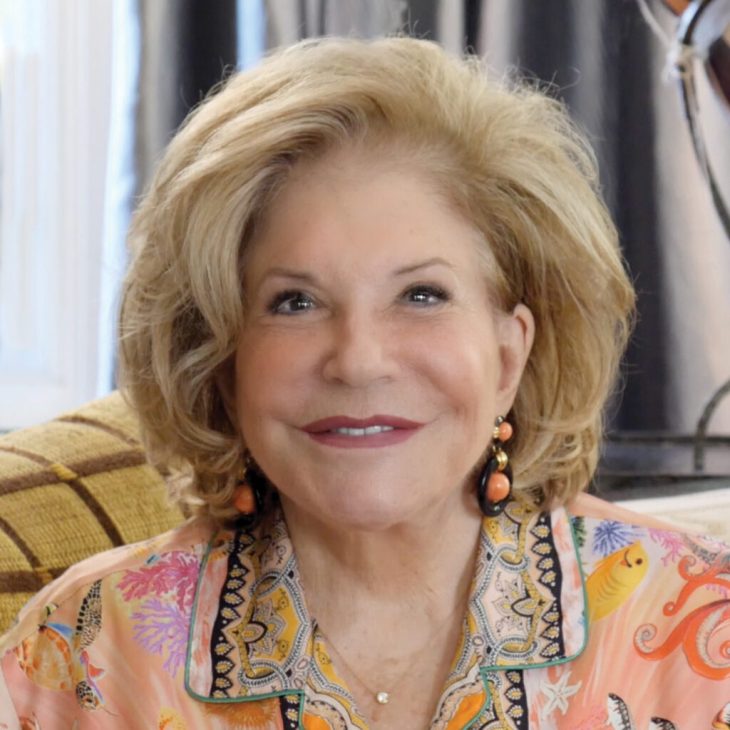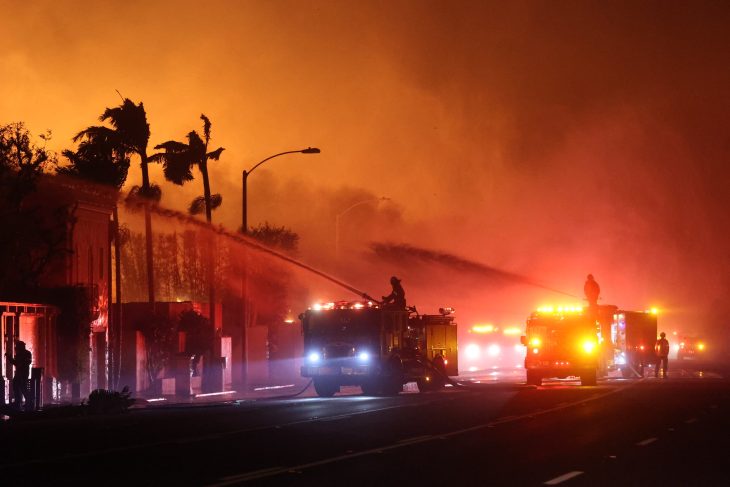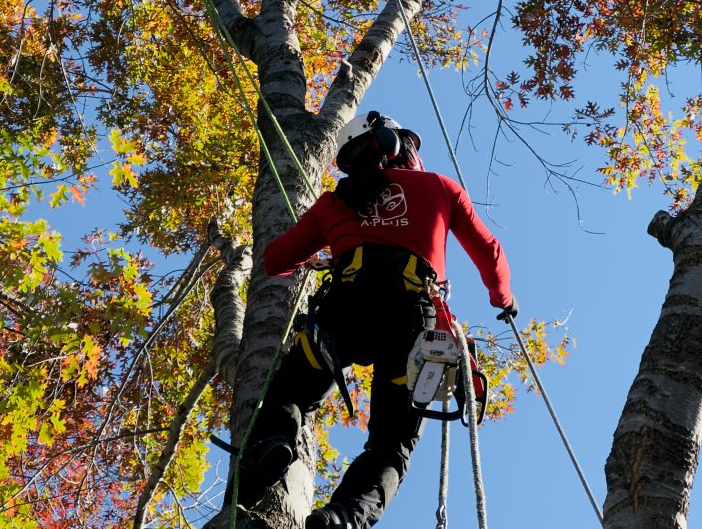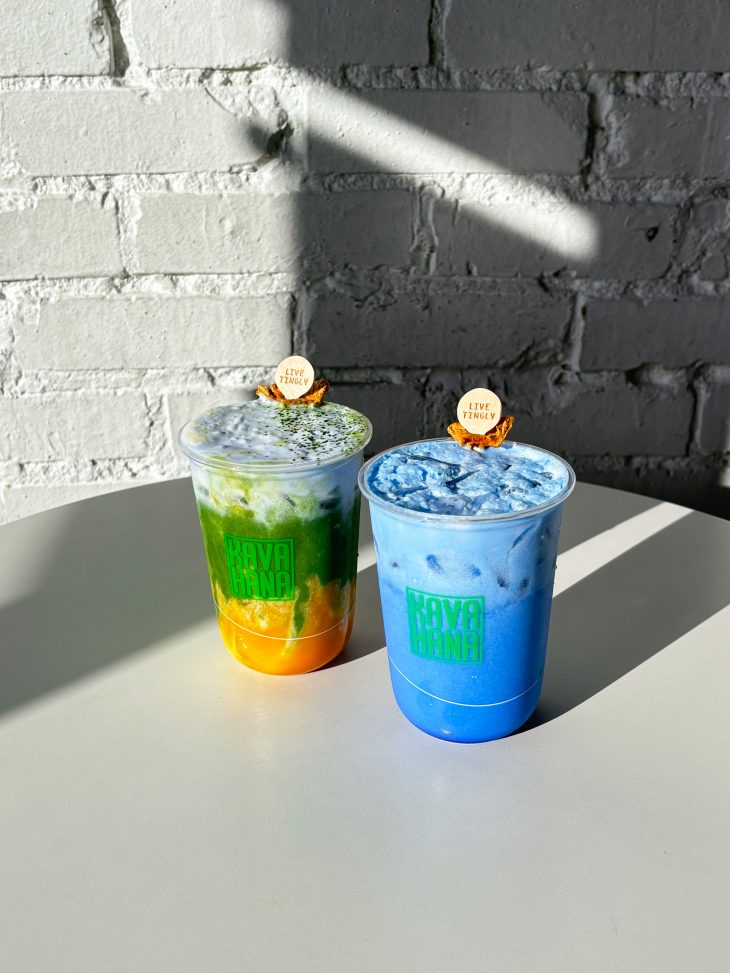Traveling Installation of Life-Size Sculptures Crafted by Indigenous Artisans Arrives in Beverly Hills
Life-size sculptures of Indian elephants have arrived in Beverly Gardens Park as part of the final leg of a cross-country art and conservation initiative known as The Great Elephant Migration.
The outdoor exhibit, which opened Tuesday, marks the conclusion of a 5,000-mile journey that began in Newport, Rhode Island, on July 4, 2024. Over the past year, the herd of towering sculptures has visited major cities including New York, Miami Beach, and Houston, as well as culturally significant sites such as the National Museum of Wildlife Art in Jackson Hole, Wyoming, and the Blackfeet Indian Reservation in Browning, Montana.
Curated by art advisor and writer Dodie Kazanjian, the exhibit is described by organizers as “a global fundraising adventure to amplify Indigenous knowledge and inspire the human race to share space.” The elephants will remain on display in Beverly Gardens Park for one month, occupying four city blocks from Rodeo Drive to Rexford Drive. The installation is free and open to the public during regular park hours.
Each sculpture is hand-crafted by a collective of over 200 Indigenous artisans from the Nilgiri Biosphere Reserve in Tamil Nadu, India. Artisans from the Bettakurumba, Paniya, Kattunayakan, and Soliga communities created the elephants using West Indian Lantana, a fast-growing invasive plant that displaces native vegetation and is cited as a factor in pushing wild elephants closer to human settlements in India.
The project shows the growing frequency of human-elephant interactions in South Asia, a consequence of expanding human and wildlife populations and habitat encroachment. India has seen both its human and key wildlife populations, including elephants, tigers, and rhinos, double over the past three decades.
In addition to raising awareness, the initiative doubles as a fundraiser for biodiversity and coexistence projects. The sculptures are available for purchase, with prices starting at $8,000 for calf-sized elephants and $22,000 for larger tuskers. Proceeds support community-led conservation efforts aimed at fostering sustainable relationships between humans and wildlife.


